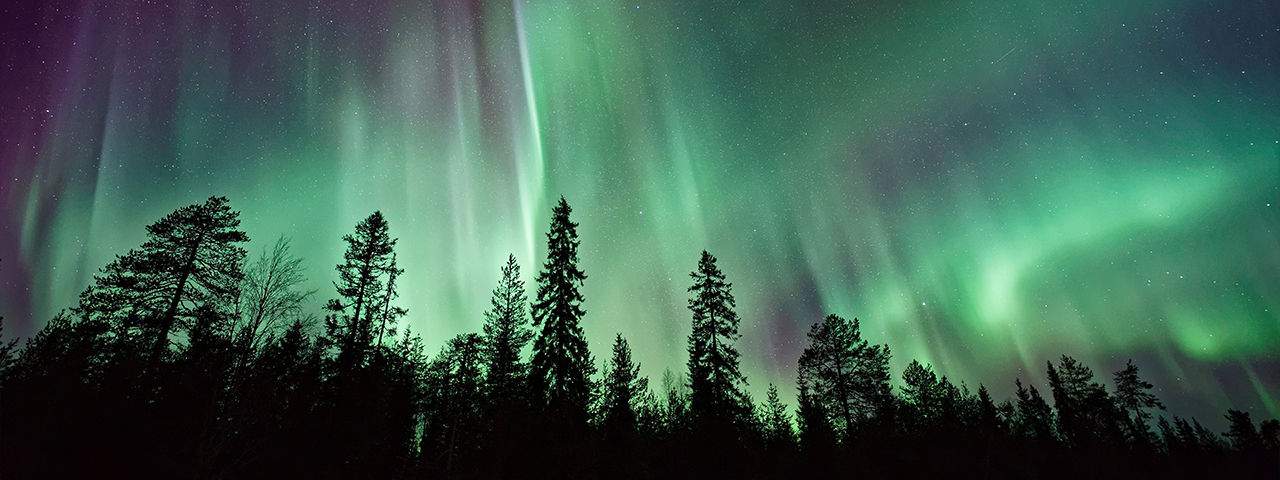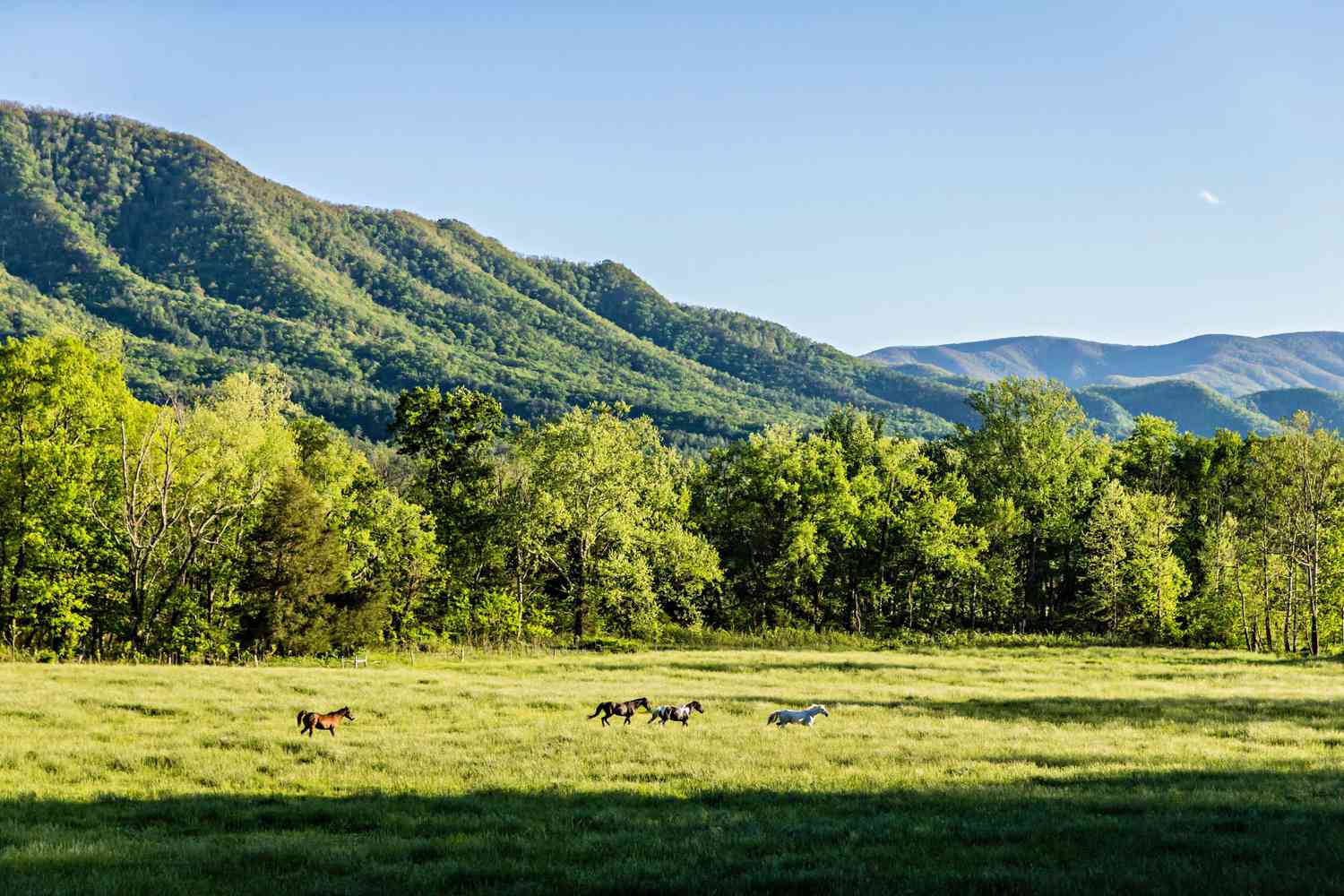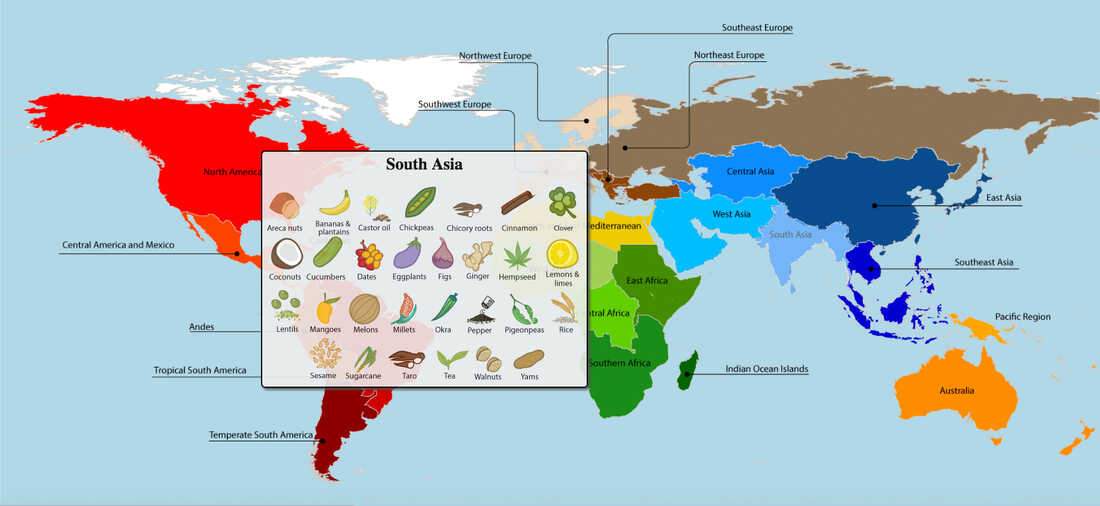Embrace the Uncommon: Why Offbeat Travel?
The allure of offbeat travel extends beyond simple escapism. It’s about connecting with cultures untouched by mass tourism, discovering landscapes that remain pristine, and forging a deeper understanding of our planet. In 2025, as environmental awareness grows, choosing less frequented destinations also becomes a responsible choice, helping to distribute tourism's impact more evenly and support local economies in a sustainable way. Consider the ethical implications of your travel choices, and seek out destinations that prioritize responsible tourism practices.
Evaluating Your Wanderlust: A Guide to Choosing the Right Offbeat Destination
Selecting the ideal offbeat destination requires careful consideration. Here's a breakdown of factors to ponder:
- Personal Interests: What truly excites you? History buffs might gravitate towards ancient ruins in remote corners of the world, while nature enthusiasts might seek out unexplored rainforests or unique geological formations.
- Travel Style: Are you a backpacker seeking adventure on a shoestring budget, or do you prefer a more comfortable and curated experience? This will influence your choice of destination and accommodation.
- Accessibility: How easy is it to reach the destination? Consider visa requirements, transportation options (flights, trains, buses), and the availability of local transport. Some offbeat locations may require significant travel time and multiple transfers.
- Safety and Security: Research the local safety situation and any potential risks. Check travel advisories from your government and ensure you have adequate travel insurance.
- Cultural Sensitivity: Respect local customs and traditions. Learn a few basic phrases in the local language and be mindful of your attire and behavior.
- Sustainability: Choose destinations and tour operators that prioritize environmental protection and support local communities. Look for certifications and initiatives that promote responsible tourism.
Examples of Offbeat Destinations for 2025:
- Faroe Islands: A remote archipelago between Iceland and Norway, offering dramatic landscapes, charming villages, and a unique Nordic culture. [Faroe Islands Tourism](https://www.visitfaroeislands.com/)
- Sokotra Island, Yemen: A biodiversity hotspot with otherworldly flora and fauna, often described as the "Galapagos of the Indian Ocean." However, be aware of the current political situation and potential safety risks.
- Bhutan: A landlocked kingdom in the Himalayas, known for its stunning monasteries, breathtaking landscapes, and commitment to Gross National Happiness.
- Republic of Palau: An archipelago of over 500 islands, part of the Micronesia region in the western Pacific Ocean. Palau is known for its pristine marine environment, including the famed Jellyfish Lake. [Palau Visitors Authority](https://www.visitpalau.com/)
- Lake Baikal, Russia: The world's deepest and oldest freshwater lake, surrounded by stunning Siberian wilderness.
Long-Term Considerations: Beyond the Tourist Trail
Choosing offbeat travel isn't just about the immediate experience; it's about understanding the long-term implications of your choices. Here are some key considerations:
- Environmental Impact: Be mindful of your carbon footprint. Consider offsetting your emissions through reputable organizations that support sustainable projects.
- Economic Impact: Support local businesses and communities by purchasing locally made goods and services. Avoid large multinational corporations that may not contribute significantly to the local economy.
- Cultural Preservation: Respect local traditions and avoid activities that could damage cultural heritage. Be mindful of your interactions with local people and avoid imposing your own values and beliefs.
- Infrastructure Strain: Offbeat destinations often have limited infrastructure. Be prepared for potential challenges, such as limited access to clean water, electricity, and medical facilities.
- Potential for Over-Tourism: As more people seek out offbeat destinations, there's a risk of over-tourism. Be a responsible traveler and avoid contributing to the degradation of the environment or the disruption of local communities.
Cost Analysis: Budgeting for the Uncommon
Budgeting for offbeat travel requires a different approach than planning a trip to a mainstream destination. Here’s a table outlining potential costs:
| Cost Category | Mainstream Destination (e.g., Paris) | Offbeat Destination (e.g., Faroe Islands) | Notes |
|---|---|---|---|
| Flights | $600 - $1200 (Round Trip) | $800 - $2000 (Round Trip) | Flights to remote locations often have fewer options and higher prices. |
| Accommodation | $100 - $300 per night | $80 - $250 per night | Accommodation options may be limited, ranging from guesthouses to unique lodgings. |
| Food | $50 - $150 per day | $40 - $120 per day | Local cuisine might be more affordable, but imported goods can be expensive. |
| Activities & Tours | $50 - $200 per day | $60 - $250 per day | Specialized tours and permits might be required for certain activities. |
| Transportation | $20 - $50 per day | $30 - $80 per day | Renting a car or hiring local guides might be necessary. |
| Visa & Permits | $0 - $150 | $0 - $200 | Some offbeat locations might require specific travel permits. |
| Travel Insurance | $50 - $150 | $60 - $200 | Comprehensive coverage is crucial for unforeseen circumstances. |
Navigating the Unknown: Practical Tips for Offbeat Travel
- Pack appropriately: Consider the climate and terrain. Pack layers, comfortable shoes, and any necessary gear for outdoor activities.
- Learn the local language: Even a few basic phrases can go a long way in building rapport with locals.
- Be flexible: Things may not always go according to plan. Be prepared to adapt to unexpected situations.
- Stay connected: Purchase a local SIM card or portable Wi-Fi device to stay connected. However, be prepared for limited internet access in some areas.
- Respect local customs: Be mindful of local traditions and avoid behavior that could be considered offensive.
- Support local businesses: Purchase locally made goods and services and eat at local restaurants.
- Leave no trace: Pack out everything you pack in and avoid disturbing the environment.
- Travel insurance is a must: Ensure your policy covers medical emergencies, evacuation, and trip cancellations.
Preparing for the Unexpected: Health and Safety Considerations
When venturing off the beaten path, health and safety become paramount. Consult your doctor well in advance of your trip to discuss necessary vaccinations and health precautions specific to your chosen destination. Pack a comprehensive first-aid kit with essential medications, including pain relievers, anti-diarrheal medication, and any personal prescriptions. Be aware of local health risks, such as malaria, dengue fever, or Zika virus, and take appropriate preventative measures. Research the availability of medical facilities in your destination and ensure you have adequate travel insurance that covers medical emergencies and evacuation. Finally, stay informed about local safety conditions and any potential risks, and exercise caution when exploring unfamiliar areas. Remember to register with your embassy or consulate so they can contact you in case of an emergency.
FAQ: Your Questions Answered
- Q: Is offbeat travel more expensive than mainstream travel?
- A: It can be. While some aspects like local food might be cheaper, flights and specialized tours often cost more due to limited availability and higher demand.
- Q: How do I find reliable information about offbeat destinations?
- A: Utilize a combination of resources, including travel blogs, online forums, guidebooks (Lonely Planet and Bradt Guides often cover less-visited areas), and local tourism boards. Cross-reference information from multiple sources to ensure accuracy.
- Q: What if I don't speak the local language?
- A: Learn a few basic phrases and consider using a translation app. However, be aware that internet access may be limited in some areas. Patience and a willingness to communicate nonverbally can also go a long way.
- Q: How do I minimize my environmental impact when traveling to offbeat destinations?
- A: Choose eco-friendly accommodations, support local businesses, avoid single-use plastics, and be mindful of your water and energy consumption. Consider offsetting your carbon emissions through a reputable organization.
- Q: Is it safe to travel to lesser-known places?
- A: Safety varies greatly depending on the specific location. Research the political climate, crime rates, and health risks before you go. Check travel advisories from your government and ensure you have adequate travel insurance. Consider hiring a local guide for added safety and security.
Disclaimer: This information is for informational purposes only and does not constitute professional travel advice. Safety conditions and travel restrictions can change rapidly, so it's essential to stay informed and exercise caution when planning your trip. Prices are approximate and accurate as of 2025.
Sources
- [World Tourism Organization (UNWTO)](https://www.unwto.org/sustainable-development)
- [Adventure Travel Trade Association (ATTA)](https://www.adventuretravel.biz/)
- [Lonely Planet](https://www.lonelyplanet.com/)
- [Bradt Travel Guides](https://www.bradtguides.com/)





